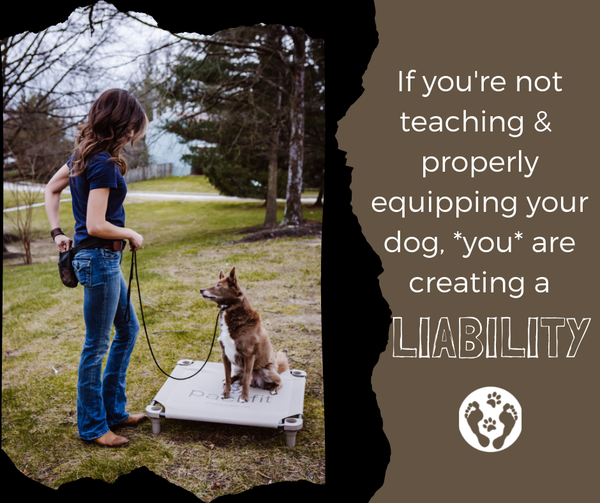

Being the bridge.
....not to be confused with the bridge *signal*, which is used as a "marker" to indicate to a dog expectations have been met and a job was well done. When conditioned properly, bridge signals essentially translate to: "Amazing, Dog...great work! Bravo! Your paycheck is on its way!"
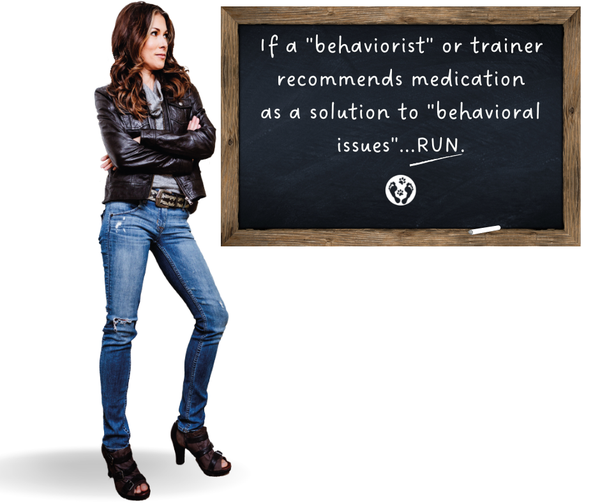
Medicating behavior.
....now, before everyone grabs their cyber pitchforks and starts blowing up the comments section, hear me out (...and any negativity will be deleted, anyway *blink, blink*).
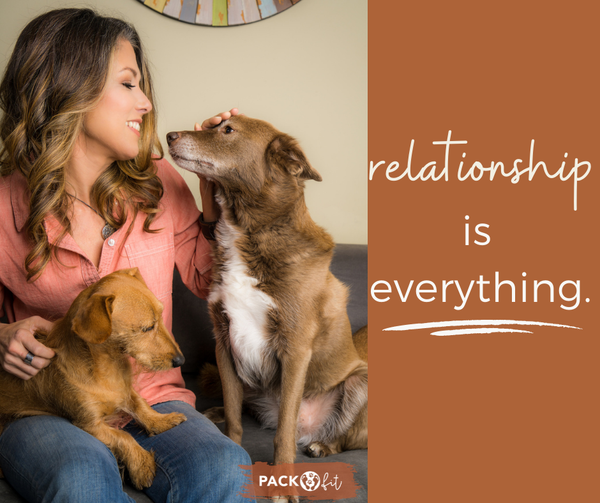
Relationship is everything.
Relationships (of all types) are some of life's most beautiful teachers. Within the container of relationship lies the opportunity for immense growth, healing, and connection.
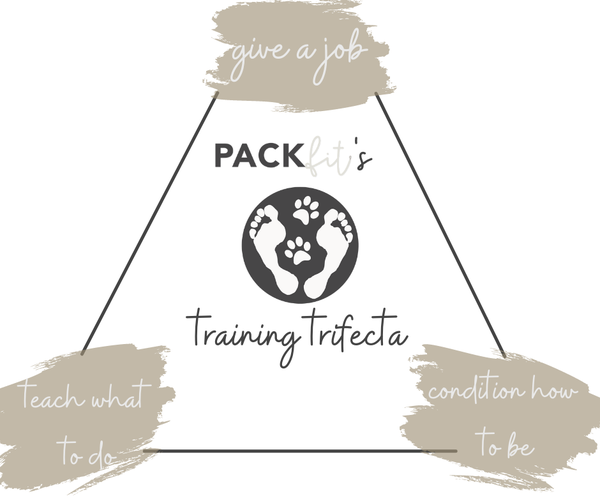
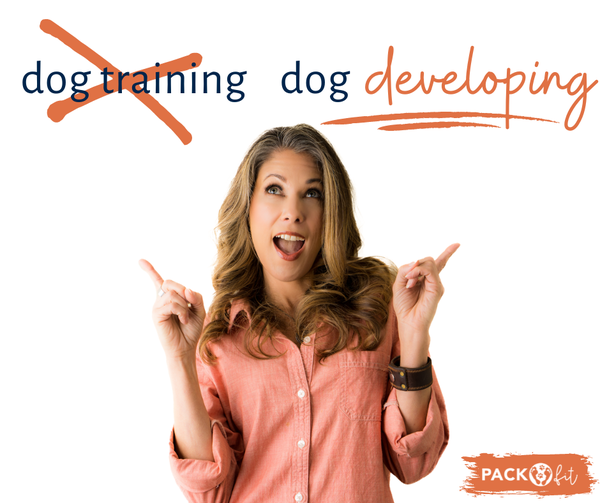
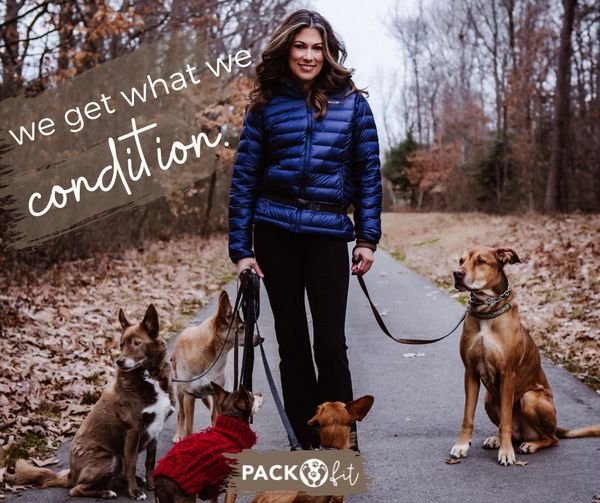
We get what we condition.
There's a popular saying in the dog training world, "we get what we reinforce." And this is a truth! Whatever is marked and rewarded will continue to occur. This is far more difficult than most realize, as we're oftentimes completely unaware of what our bodies may be doing in connection with the reinforcement, our criteria may be a bit vague, and the process tends to be a bit sloppy overall.

Start small to go big.
Dog training and behavior modification is a big job with a ton of smaller moving parts, and often comes with a big expectations. There's usually a deep sense of urgency in play (due to the fact most wait until behaviors get so bad, so risky, and so intolerable before they invest in help), as well as a mindset that throwing money at a problem will make it go away and dog trainers are "fairy dog-mothers" (or fathers) with magic wands. There's an expectation for big results...without taking the smaller, necessary steps to reach them or any level of involvement.
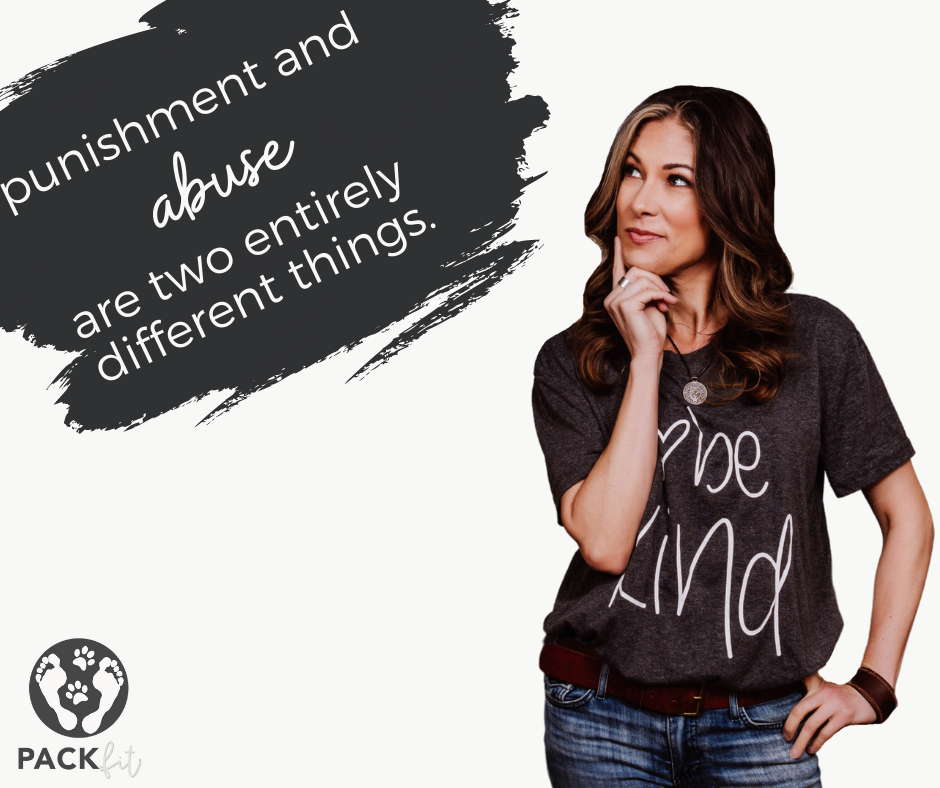
Punishment and abuse are two entirely different things.
This is a post about punishment.
That’s right. BIG. BAD. UGLY PUNISHMENT… or is it?
This one little word has been misconstrued, misunderstood, misrepresented, and misinterpreted for years now, thanks to the heavy-handed, forceful style of some “trainers” and their far right-wing counterpart, the “purely positive” un-caped crusaders.
Sadly, there’s a stigma now attached to this word. One based on total untruth and continues to get perpetuated… and I’m done with it.

The Win Board.
Behavior conditioning, modification, and rehabilitation can feel like a never-ending effort. It requires learning (for both ends of the leash), patience, consistency, and also modification of our own behavior (more often than not, it's our behavior- what we're doing and/or not doing- that's conditioning their behavior).
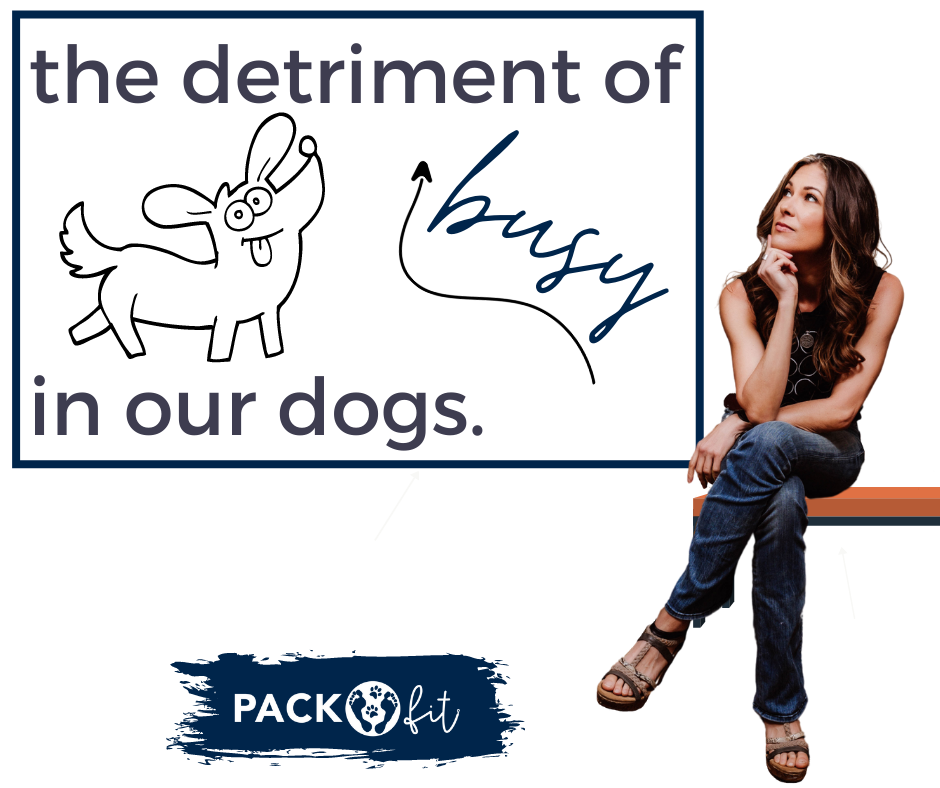
The detriment of “busy” in our dogs.
Busyness.
There's a hyper focus and fixation on "busyness"(in this country, especially); so much so that it's bleeding into our dogs and their behavior.
"Busyness" is being used to emotionally regulate, distract, numb, avoid, and suppress. We practice this in our own lives, and this has trickled down into how we're raising our dogs, as well.
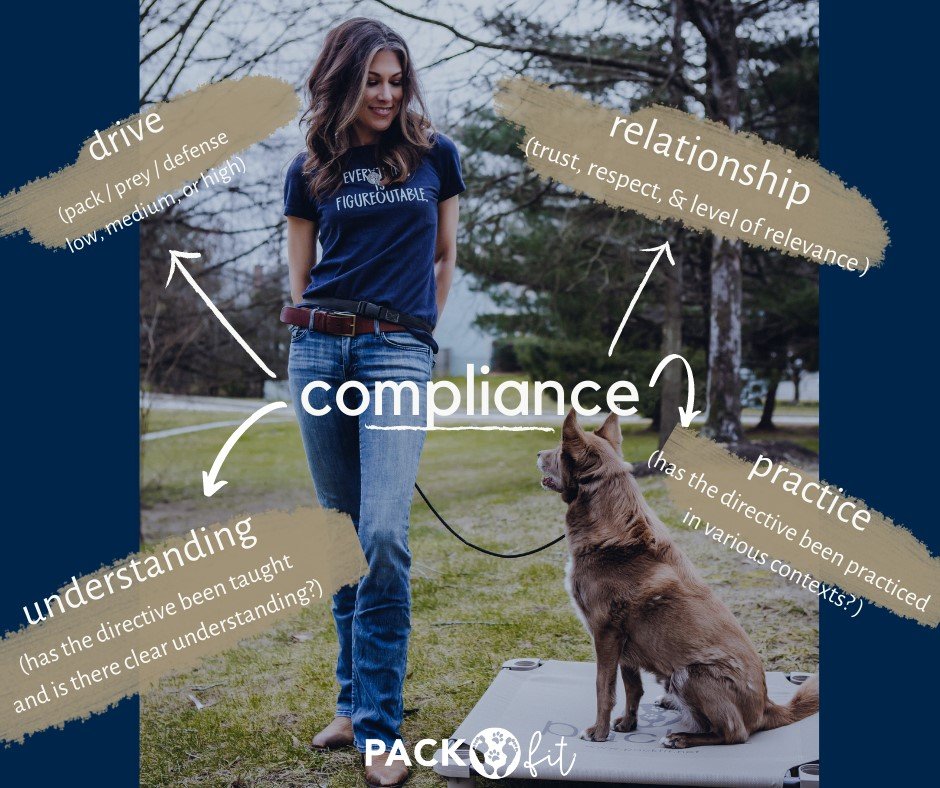
“Compliance” in dog training.
The difference between "obedience" training and that of compliance often leads to frustration.
It's so important for the general public to understand that all "obedience" training is, is subscribing meaning to verbal cues and directives. That. Is. It. It's "brain training", and speaks only to the mental aspect of the dog.
*Compliance* to these directives is connected to other things that must be spoken to and developed, which goes beyond "obedience" training.

The benefits of “earthing” for dogs.
Bring a dog (or human) who is struggling with anxiety or emotionally / mentally in some way into the woods, and watch the burden and weight of it start to fall off. We begin to see a return to a sense of peace, balance, and ease. In returning to a more natural, instinctual world, we also return to a more natural, instinctual way of being. Senses reawaken and (re)connection happens. Humans return to who they are as "beings" (not "doings"), and dogs return to who they are as dogs.
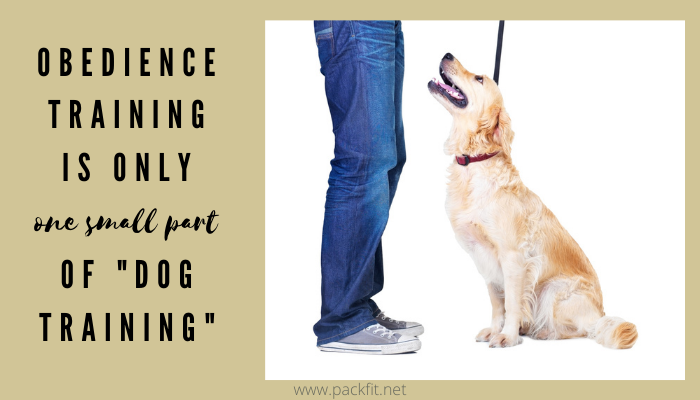
Obedience training is only one small part of dog training!
DO NOT SKIM (I know you want to ; )). If you have a dog, this is important information to understand.
There's a pervasive notion, especially here in the U.S., that "dog training" begins and ends with "obedience training". It's like saying raising and teaching a child begins and ends in the classroom. That learning how to read, write, spell, multiply, add, divide, remember historical facts, etc. is the only thing they need to learn in life. "Go to school, and you'll be set for life".
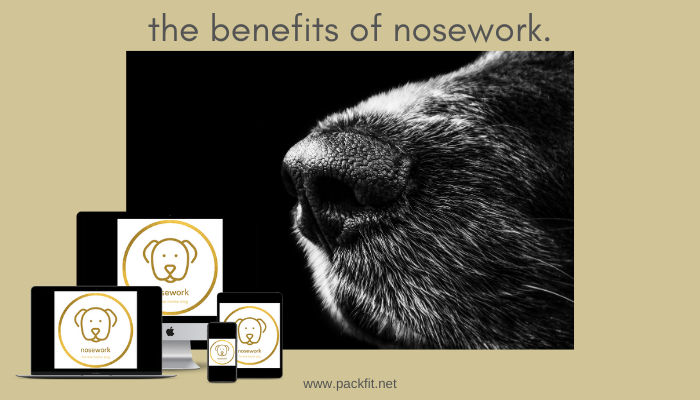
The benefits of Nosework.
The benefits of Nosework for a dog are incalculable. A dog's nose is such a huge part of who they are as a dog... yet, for the home dog, it's also one of the most underdeveloped, under-utilized, and suppressed (adding to frustration, anxiety, insecurity, etc).
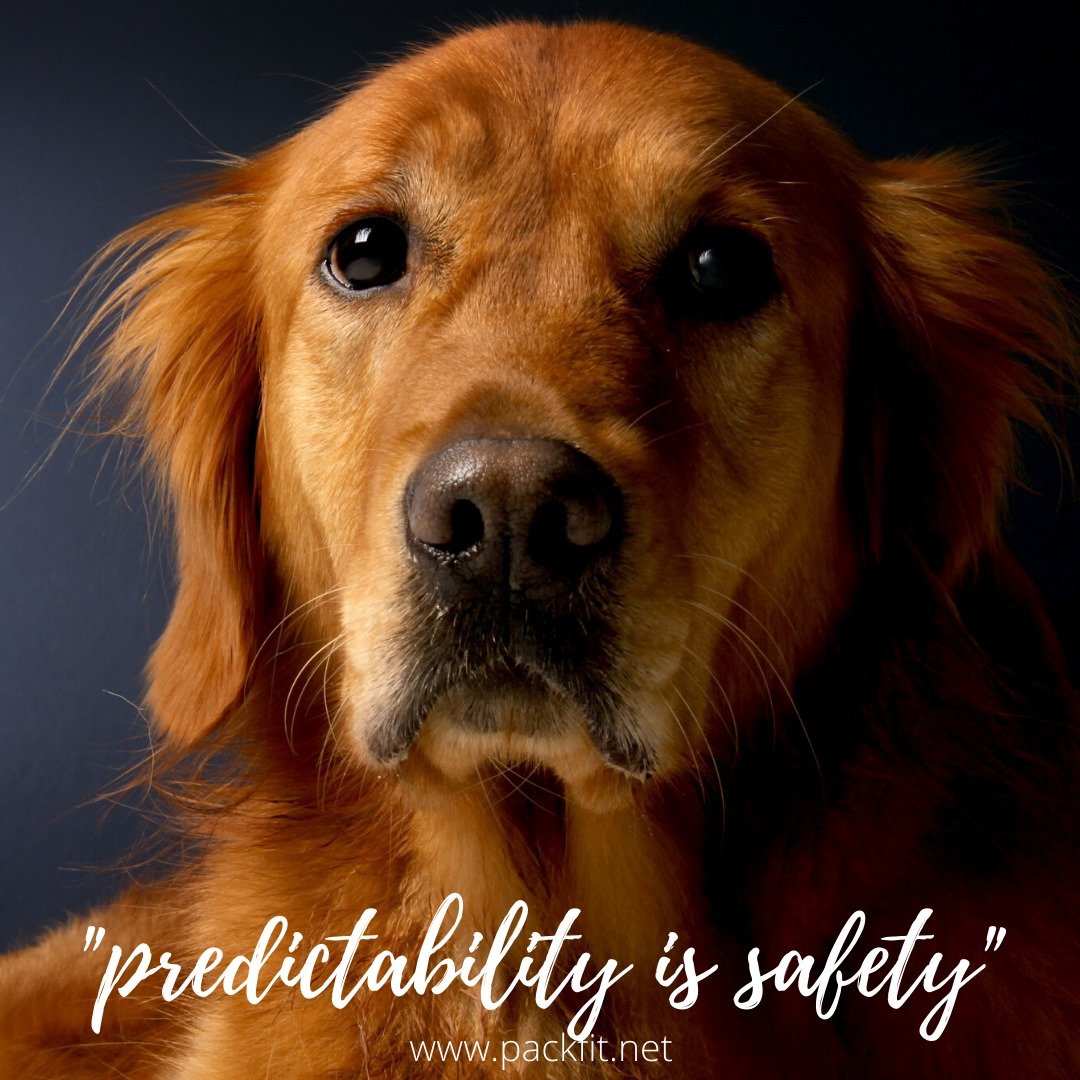
Predictability is safety.
Predictability. Certainty. These are survival instincts. To have predictability and certainty means to avoid pain, pitfalls, and maintain a level of comfort.
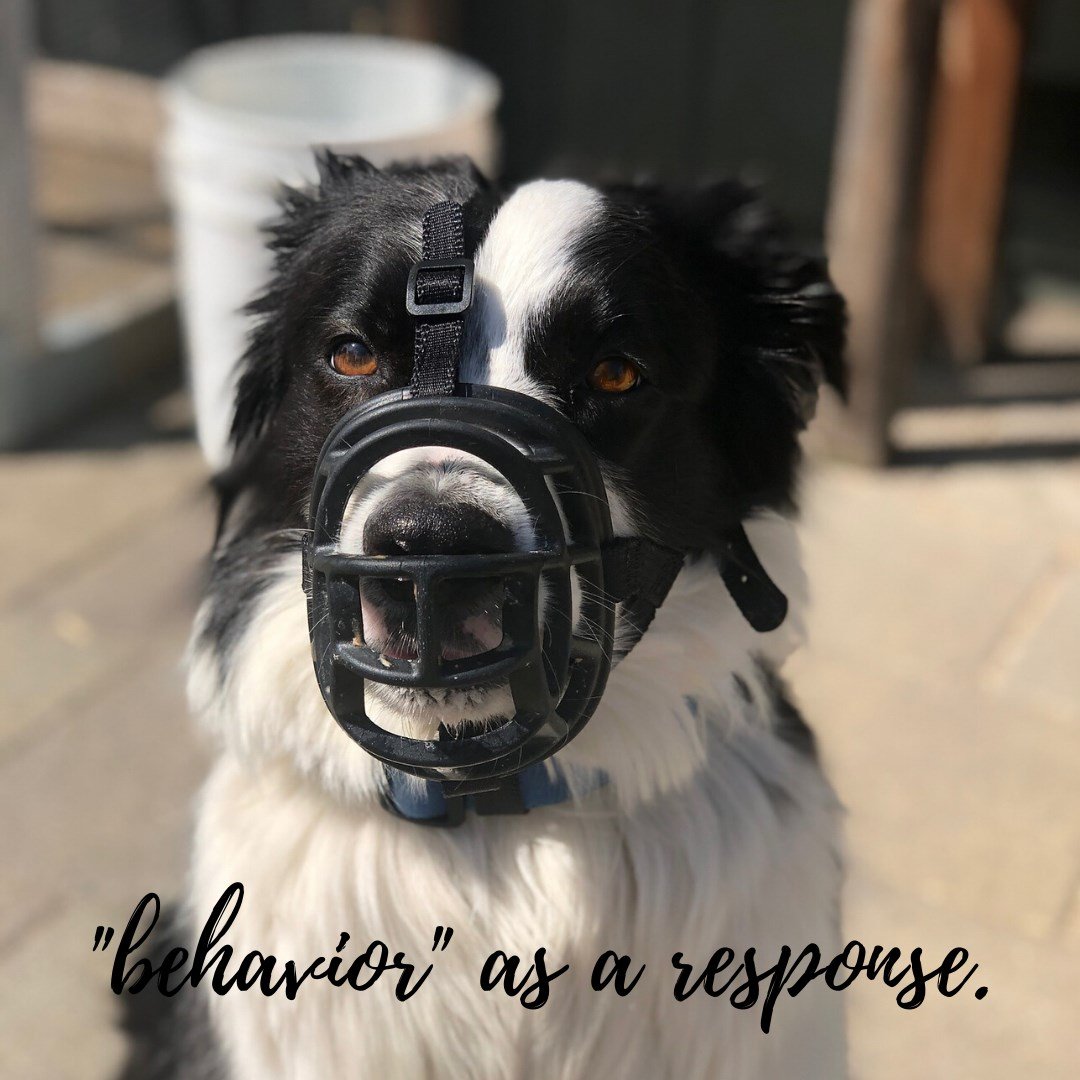
Behavior as a response.
We've written about the 2 categories we break "behavior" into before ("classroom" and "real world/ functional" behavior); both speaking to very different, yet connected, aspects of the dog (mental and emotional). This is like the difference of what children learn in school (brain training) vs. what they (should be) learning at home (manners, self and world concept development, etc).
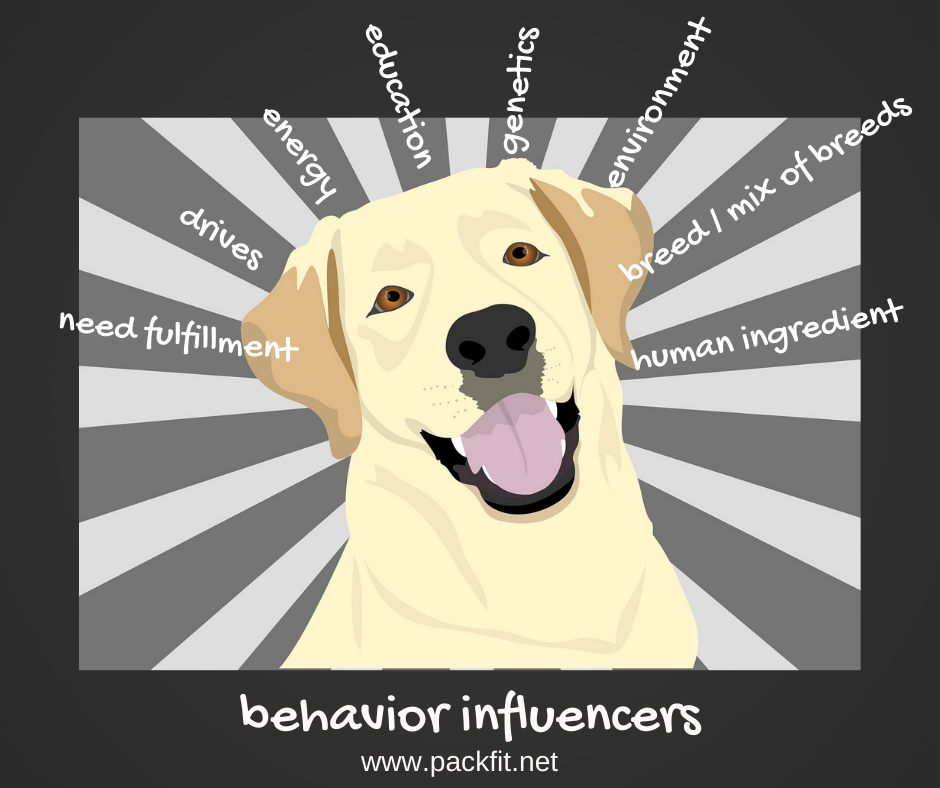
Behavioral Influencers.
Behavior Influencers.
"Behavior" is highly contextual and heavily layered with multiple variables at play.

Redefining “socialization”
"Socialization" is one of those terms that needs redefining (along with "punishment", "discipline", "love", and "happy") when it comes to dogs.
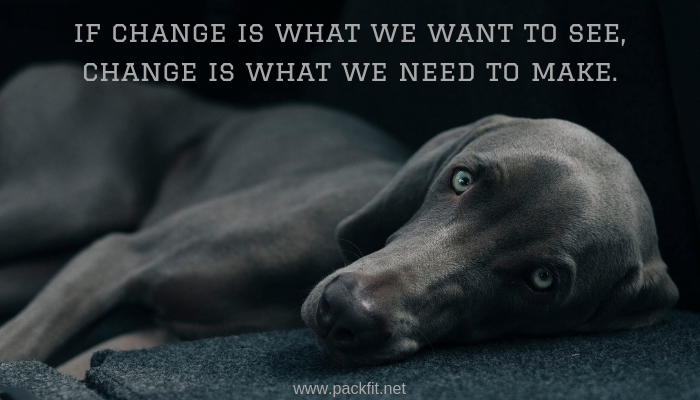
If change is what we want to see, change is what we need to make.
Change. Change is uncomfortable and can be painful. It can also be quite exciting. Change often means stepping into the uncertain and the unknown. Letting go. Releasing the practices, things, circumstances, people and relationships that no longer lift, support, inspire, and positively challenge us. Who and what weighs us down. Change involves taking full ownership and responsibility of ourselves, our choices, our lives~ as well as those who depend on us.

